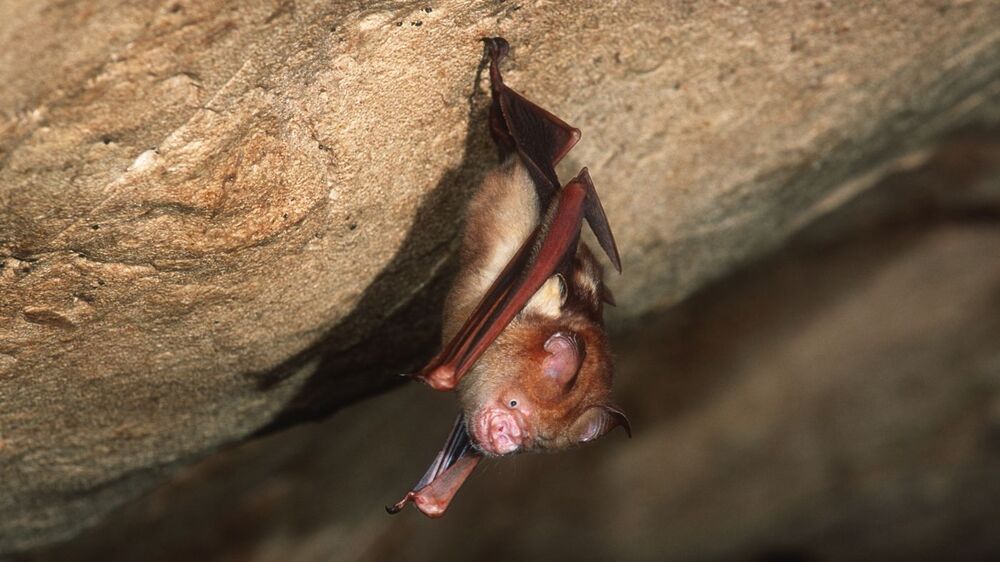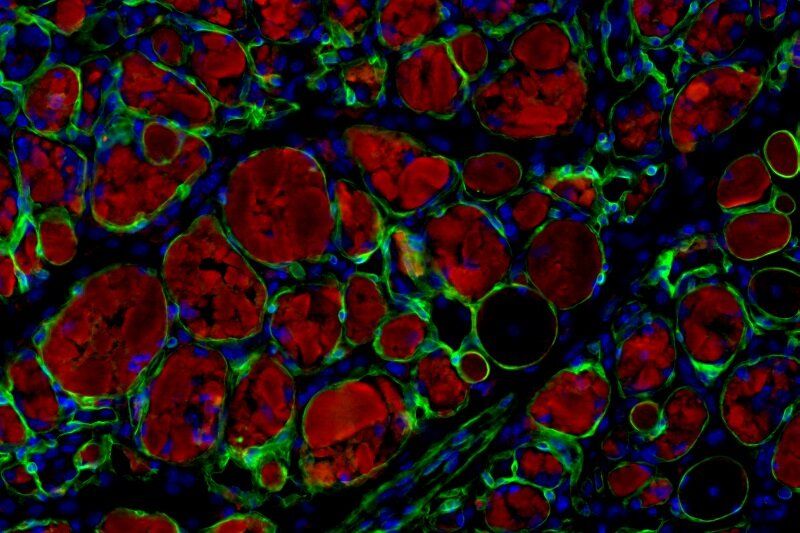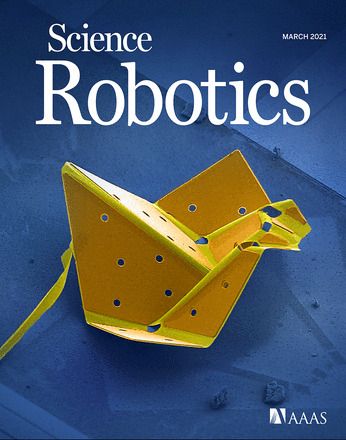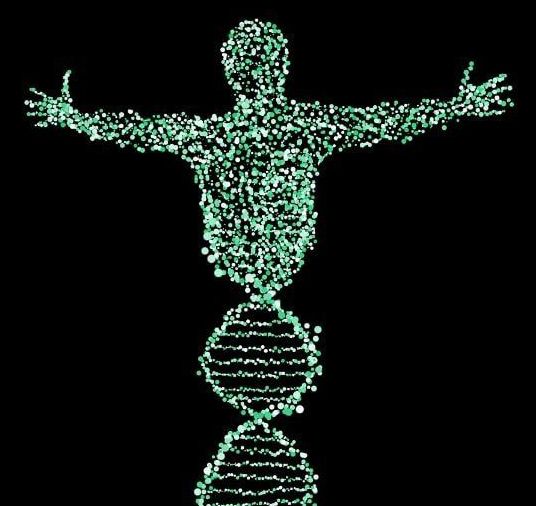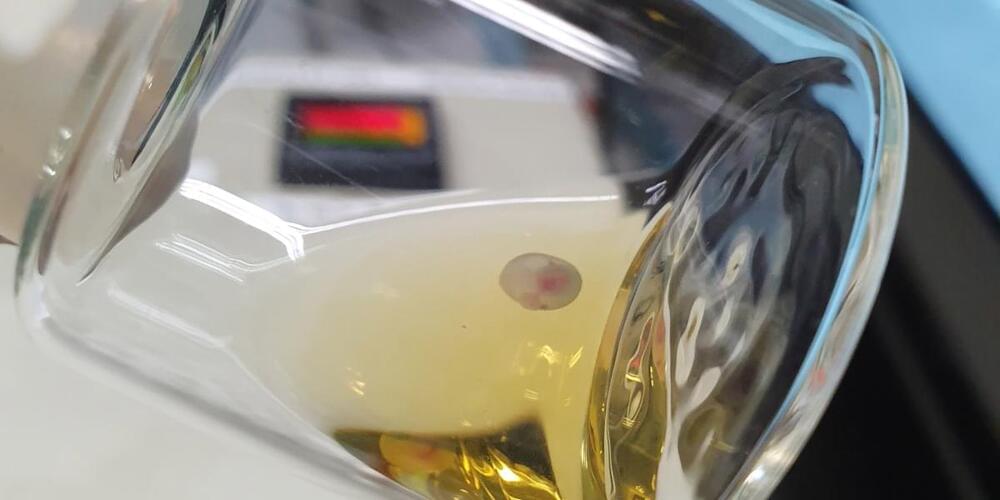Substantial transmission of SARS-CoV-2 infection occurred in the population of Wuhan in December 2019 with most cases reported in the second half of that month. Many early reported cases were associated with Huanan Market, indicating that it was one of the focus of the transmission. Nevertheless, transmission was also occurring elsewhere in Wuhan at the same time.
It is not possible on the basis of the current epidemiological information to determine how the SARS-CoV-2 was introduced into the Huanan Market. Substantial transmission of SARS-CoV-2 infection occurred among the population of Wuhan in December 2019.
While some of the early cases had an association with the Huanan Seafood Market, others were associated with other markets and other cases have no market association at all. It is likely that Huanan Seafood Market acted as a focus for transmission of the virus, but there are also transmissions appearing to have the occurrence elsewhere in Wuhan at the same time. This is our basic judgment. It is not possible on the basis of the current information to determine how SARS-CoV-2 was introduced into the Huanan Market.
The third part of my introduction will be the research of the animal environment group, the third group of our joint mission. Coronaviruses that phylogenetically relate to SARS-CoV-2 have been identified in different animals, including horseshoe bats and pangolins. Sampling of bats in Hubei Province, however, has failed to identify evidence of SARS-CoV-2-related viruses and sampling of wildlife in different places in China has so far failed to identify the presence of SARS-CoV-2.
Publicaciones de la organización mundial de la salud.
